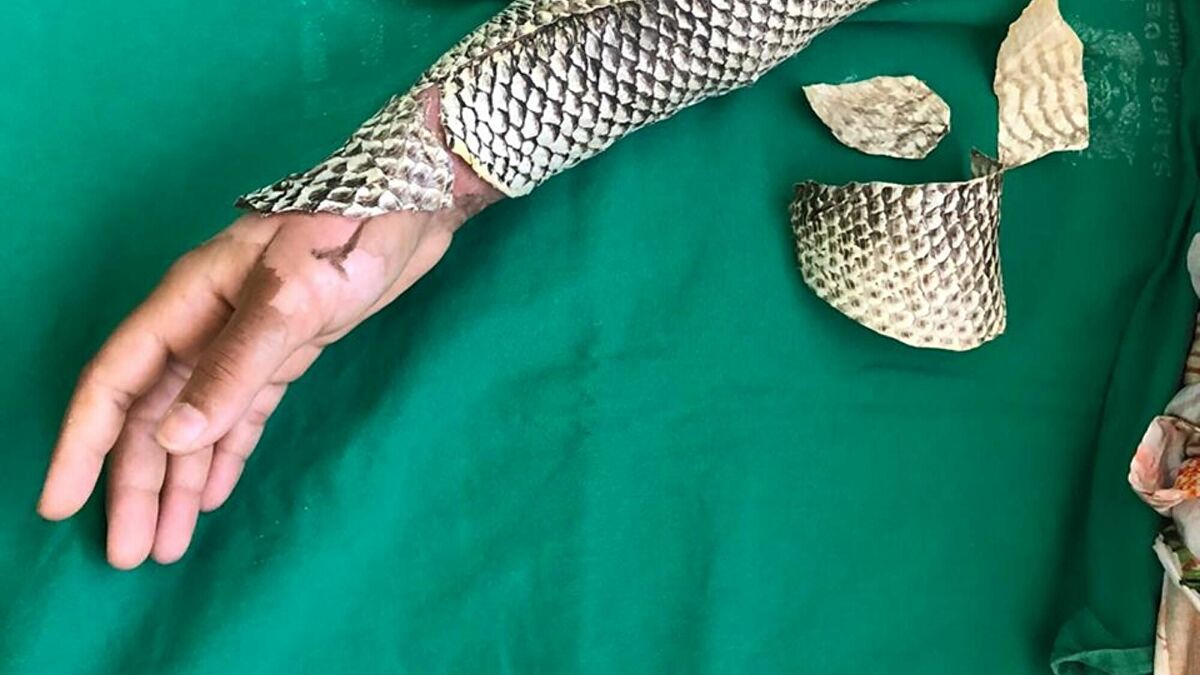You’re reading The Brazilian Report’s weekly tech roundup, a digest of the most important news on technology and innovation in Brazil. This week’s topics: Brazilian researchers’ endeavor to find out if Covid-19 can be detected in speech, Brazilians reject having their private messages tracked, and researchers in Ceará that use tilapia fish skin for burns reach out a helping hand to Beirut.
Scientists in Ceará offer tilapia skin to treat Beirut burn victims
Researchers from the Federal University of Ceará plan to donate the entire stock of their pioneer burn treatment using tilapia skin to help victims of this week’s massive Beirut explosion, which has killed at least 154 people and injured another 5,000. The full donation would amount to nearly 40,000 square centimeters of fish skin.
Transfer. Despite their willingness to make the donation, moving the material is a big challenge, says Edmar Maciel, from the burn institute at the Fortaleza-based Doctor José Frota Institute, and also one of the creators of the project. “It is very difficult because of the custom procedures of each country,” he tells The Brazilian Report. This morning, Dr. Maciel said the project is in contact with the Foreign Affairs Ministry, the Rio de Janeiro Health Secretary, and Secretary of Fisheries Jorge Seif — all parties that are seeking to make the donation possible.
- Dr. Maciel says the project is conducting studies in seven countries — Colombia, Argentina, the U.S., Canada, the Netherlands, and Guatemala — but donations are still very challenging. In July, the project tried to donate tilapia skin to help treat burn victims of a fuel truck explosion in Colombia.
The project. Since 2015, researchers at the UFC have been working with the skin of tilapia fish as a biomaterial in a highly-renowned project to treat burn victims. Besides being used for bandages, the technique has also been employed in wounds, gynecological surgeries, and regenerative medicine.
Out of this world. In May 2019, the university announced that it was providing samples of its biomaterial bandages to be tested in space by Nasa. The experiments aimed to find out how the fish skin behaved in different conditions of atmospheric pressure, radiation, and gravity.
Why it matters. Initiatives such as this one highlight the importance of the scientific work being done at public universities in Brazil. While lack of funding is nothing new for Brazilian students and researchers,...


 Search
Search






































